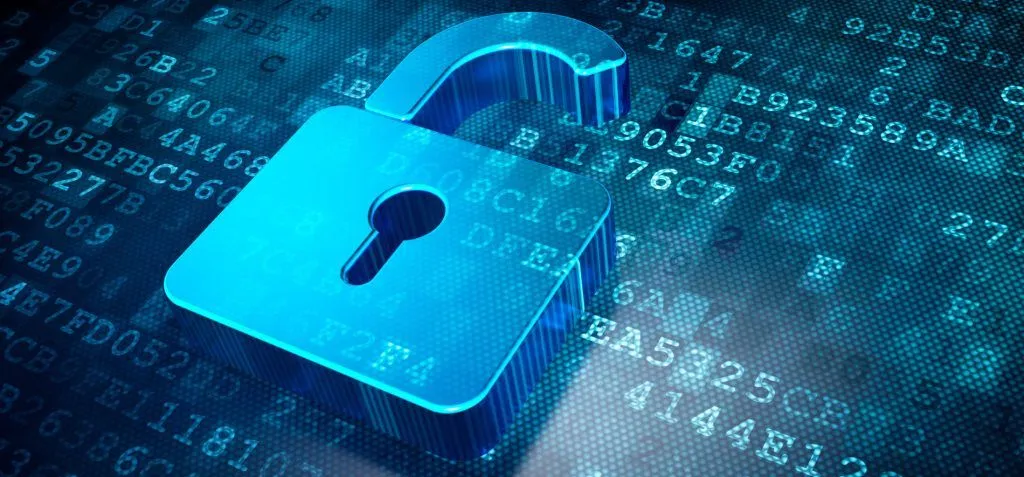The Crucial Part Security Plays in Digitalization

In this blog, you will read about
The Potential of Digital Transformation
Before the Covid pandemic, the industrial revolution 4 (IR4) started with emerging technologies mainly: Artificial Intelligence, Big Data, Cloud, IoT, and Cybersecurity. The IR4 changed the industries drastically, and interaction with the technology has shifted from human-to-machine only to machine-to-machine because the machines became smarter as the Artificial Intelligence and IoT (machine and deep learning) evolution emerged with the data streams from the IoT platforms.
Globally and regionally, the pandemic accelerated the IR4 adoption because the workplace and workforce norm has changed and the new economy of working from home/anywhere became somehow the norm. Human beings became more dependent on digital technologies and channels, even economies adopted remote work to keep the economic cycles moving from both macro and micro economy perspectives. The governments and commercial sectors were affected positively by Digitization, Digital Transformation, and Digitalization as they increased their revenue streams and profits because of the new sales distribution channels, new value propositions, and business models.
Digital Transformation changed the entire business and economic cycles because it changed how organizations work internally, with external channels, and even how they compete.
The main five Digital Transformation elements are the following:
Customers
How organizations should/can reach and serve effectively their customers, clients, and stakeholders through traditional and digital channels
Competitors
How organizations should/can compete with their adversaries locally, regionally, and globally as the fence between industries became very low
Value
How organizations should/can provide new value propositions with the rapidly emerging business models across multiple industries
Innovation
This is the engine that fuels organizations by keeping it renovating itself and navigating new blue oceans and reducing or eliminating competition
Data
Which is the fuel for organizations to direct their path and decision-making, grow the business, communicate, and even save lives (data is valuable in-motion, in-rest, and in-use)

Difficulties CIOs Run Into While Creating Projects for Digital Transformation
The entire CXO rank as CEOs, CIOs, CTOs, and the CISOs are facing a lot of challenges because they must take strategic decisions to adapt to the IR4 wave as well as Transform Digitally their firms but at the same time keep their profitable running business models active, increase the revenue streams, and reduce costs. These strategic decisions include risks and changes in the organizations’ “Why, What, Where, When, and How” to work and achieve objectives.
Any Digital Transformation initiatives won’t be considered successful unless they change the entire organization strategically. Digitization and Digital Transformation became the nerve system that keeps the organization alive in the IR4 era. The most important challenges facing organizations are the risks and threats against this digital nerve system. The cyber threat and attacks today can destroy any organization (small or large) quickly and brutally because the cyber risk factor increased drastically since the Stuxnet cyber weapon was released in 2010. Cybercrime syndicates and organizations increased many folds and became more intelligent and resourceful also funded.
EDM Initiative to Support the IR4
After witnessing the cyber threats and attacks against many organizations in Lebanon, EDM’s concern became to secure its client’s IT infrastructures and digital assets. After long discussions, EDM decided to establish its in-house Managed Security Services including our partners’ security services/platforms from CISCO, Microsoft, Kaspersky, and Sophos to form our Cybersecurity Defense Armor.
Even though we realize the unmatched difficulties our country is facing whether from economic and financial collapse to skills draining and shortages, we took this decision to harden and protect our clients’ businesses and enable them to join the IR4 era and simplify their Digital Transformation journey.
The Obstacles That Hinder Digital Transformation
There are internal and external barriers that hinder Digital Transformation. Internally, the decision makers should support and energize the transformation at all organizational levels through all functions and adopt a new culture in favor of Digital Transformation; also, they should embrace innovation to keep the business model evolving in the rapidly changing markets and economies.
Externally and internally, the cyber threat factor can hinder or even disrupt the business itself. Also, many economic situations as the recent hyperinflation and supply chain issues can put sticks on the transformation path, but can’t stop it if there’s a will and perseverance to achieve and thrive.
The Part Security Plays in the Process of Digital Transformation
Data is the main element of both IR4 and digitization. Information and cyber security play a tangible role in the Digital Transformation process because the organization’s data element in all forms (in motion, in rest, and in use) must be secure, reliable, and ensure availability. Intangibly, less secure infrastructures affect the organization’s reputation and reduce trust.
Promoting the Culture of Regional Cyber Security Cooperation
The cyber threat and attacks became very sophisticated and even innovative; thus, it arose a culture of cooperation between organizations locally, regionally, and globally by sharing threat Intelligence and cybersecurity playbooks from different security operation centers. Without sharing such information and insights organizations will stay in silos and vulnerable to cyber threats.
Cooperation between organizations will increase risk maturity & security’s confidentiality, integrity, and availability triad.
Get In Touch With Our Team For the Best Services.
